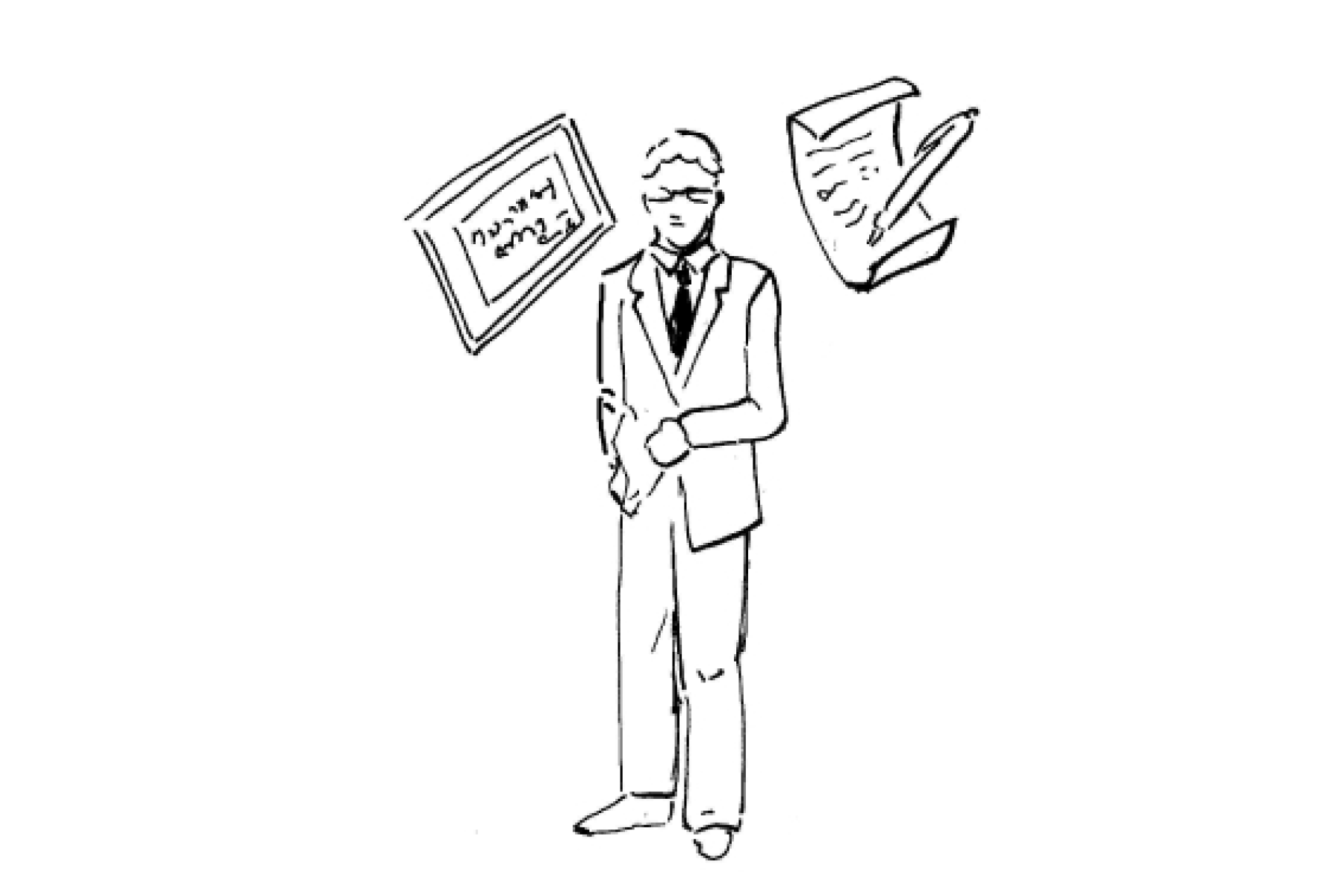
The Context
Gladwell's groundbreaking book on virality, which coined the term tipping point, found that many of the most successful and infectious ideas found their audience without spending a penny on advertising. Companies built marketing leverage into their products every step of the way by making it easy to spread the word. And as a result, customers were essentially paying for their marketing for them. Now, despite the high unlikelihood that any of our ideas will ever go viral, the thinking behind this approach should still be applied. All of us should enter into our projects with the goal of trying to get other people to pay for our marketing for us. It's not chintzy, it's not cheating, it's simply efficient. And fun. Playing leverage like a game to see how little money you can spend makes you a better business person.
The Tool
Sugardaddying
SUGARDADDYING — Constantly thinking about potential collaborations that can reduce your financial burden and reduce labor intensity
How are you getting other people to pay for your marketing? That's the question you should be asking every step of the way. It trains you to maintain an outsourcing mindset. It forces you constantly think about potential collaborations that can reduce your financial burden and reduce labor intensity. You just have to be ready for the support that is waiting for you. It may not be the world’s obligation to pay for your dreams, but it is easier than you think for people to pay for the promote of those dreams.

Scott's Take
At my old marketing agency, one of the nuts we could never crack was the issue of case studies. Because as marketing collateral and sales tools, case studies are critical for any company who wants to build new relationships, close new business and grow their brand. But that leverage isn't always easy to create. Clients tend to be busy with their everyday tasks and responsibilities, and don't always have the time to dedicate to those kinds of project. In fact, our agency used to wait for months at a time to get approval from clients just to start the damn case study, much less approve and publish it. Then our company founder had an idea. What if we built it into the contract? What if there was a clause in our statement of work whereby the client agrees to collaborate on an externally published case study on our work together, become listed as a client on our website, and serve as a referral for potential clients in the future? Doing so would remove the burden of choice from the start of the relationship and afford us greater speed down the road. Funny thing is, not a single client ever had a problem with it. They were happy to do it. Case study approval was just a line item. Standard operating procedure. We weren't telling them how to run their business, we were educating them on how we ran ours. Too bad it took our agency four years of being in business to finally realize what kind of leverage we were leaving on the table, but better late than never.
The Rest
Scale your own capacity by tapping into the power of other people's money. Be bold enough to ask for it, and be graceful enough to receive it. Whose is the underwriter waiting for the opportunity to promote you?
The Benefits
Build leverage into your products every step of the way
Spend less money by getting other people to pay for your marketing for you
Afford yourself greater speed down the road by feathering the nest on the frontend
Reduce time spent and stress incurred by removing the burden of choice from the start of relationships